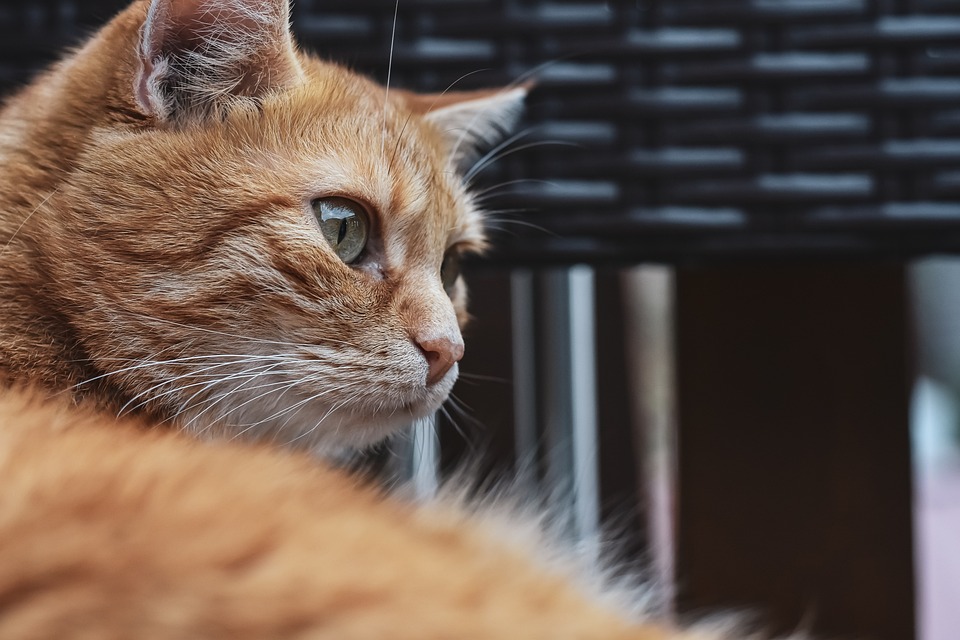Cats are known for their finicky eating habits, which can sometimes lead to gastrointestinal problems. These issues can range from mild indigestion to more serious conditions such as gastroenteritis or inflammatory bowel disease. As a cat owner, it’s important to understand the common gastrointestinal problems that cats can experience and take steps to prevent them. In this article, we will delve into the causes, symptoms, and prevention methods for these issues, ensuring your feline friend maintains a healthy digestive system.
One common gastrointestinal problem in cats is hairballs. Hairballs occur when cats ingest excessive amounts of fur while grooming themselves. Causes of hairballs include excessive grooming, long-haired breeds, or underlying digestive issues. Symptoms of hairballs include frequent coughing, hacking, vomiting, or decreased appetite. To prevent hairballs, regular grooming is essential. Brushing your cat’s fur can help remove loose hair and reduce the amount of fur they ingest. Additionally, there are hairball-prevention cat foods available that can help minimize hairball formation. Fiber supplements can also be beneficial in promoting regular bowel movements and preventing hairballs.
Diarrhea is another common gastrointestinal problem in cats. It can be caused by sudden dietary changes, food allergies, bacterial infections, or parasites. Symptoms of diarrhea include loose or watery stools, increased bowel movements, vomiting, or dehydration. To prevent diarrhea, gradual dietary transitions are important. Avoid sudden changes in your cat’s diet and ensure they are being fed high-quality cat food. Proper hygiene, such as regularly cleaning the litter box, can also help prevent bacterial infections and parasites that can cause diarrhea.
Constipation is a gastrointestinal problem that occurs when cats have difficulty passing stool. Causes of constipation include a lack of fiber in the diet, dehydration, certain medications, or underlying medical conditions. Symptoms of constipation include infrequent or difficult bowel movements, straining in the litter box, or loss of appetite. To prevent constipation, it is important to provide your cat with a balanced diet that includes adequate fiber. Ensuring they are well-hydrated and providing opportunities for exercise can also help prevent constipation.
Gastroenteritis is a condition characterized by inflammation of the gastrointestinal tract. It can be caused by dietary indiscretion, viral or bacterial infections, allergies, or stress. Symptoms of gastroenteritis include vomiting, diarrhea, loss of appetite, lethargy, or abdominal pain. Preventing gastroenteritis involves providing your cat with proper nutrition, avoiding sudden diet changes, and ensuring they receive routine vaccinations. Additionally, reducing stress in your cat’s environment can help prevent gastroenteritis.
Inflammatory Bowel Disease (IBD) is a chronic inflammatory condition that affects the digestive tract. The exact causes of IBD are unknown, but genetics, diet, and immune system dysfunction may play a role. Symptoms of IBD include chronic diarrhea, weight loss, vomiting, lethargy, or poor coat condition. Preventing IBD involves providing your cat with a high-quality diet, considering hypoallergenic food trials if allergies are suspected, and ensuring they receive regular veterinary check-ups for proper management.
In conclusion, understanding and preventing common gastrointestinal problems in cats is crucial for maintaining their overall health and well-being. Regular veterinary check-ups, a balanced diet, and a stress-free environment are essential for preventing and managing these issues. By taking preventive measures and seeking veterinary advice when necessary, you can ensure that your feline friend maintains a healthy digestive system and lives a happy and comfortable life.








